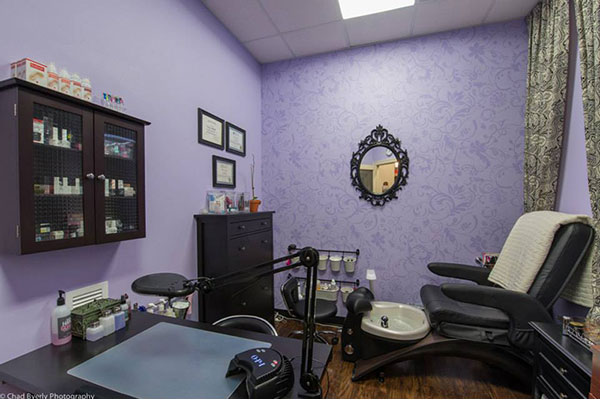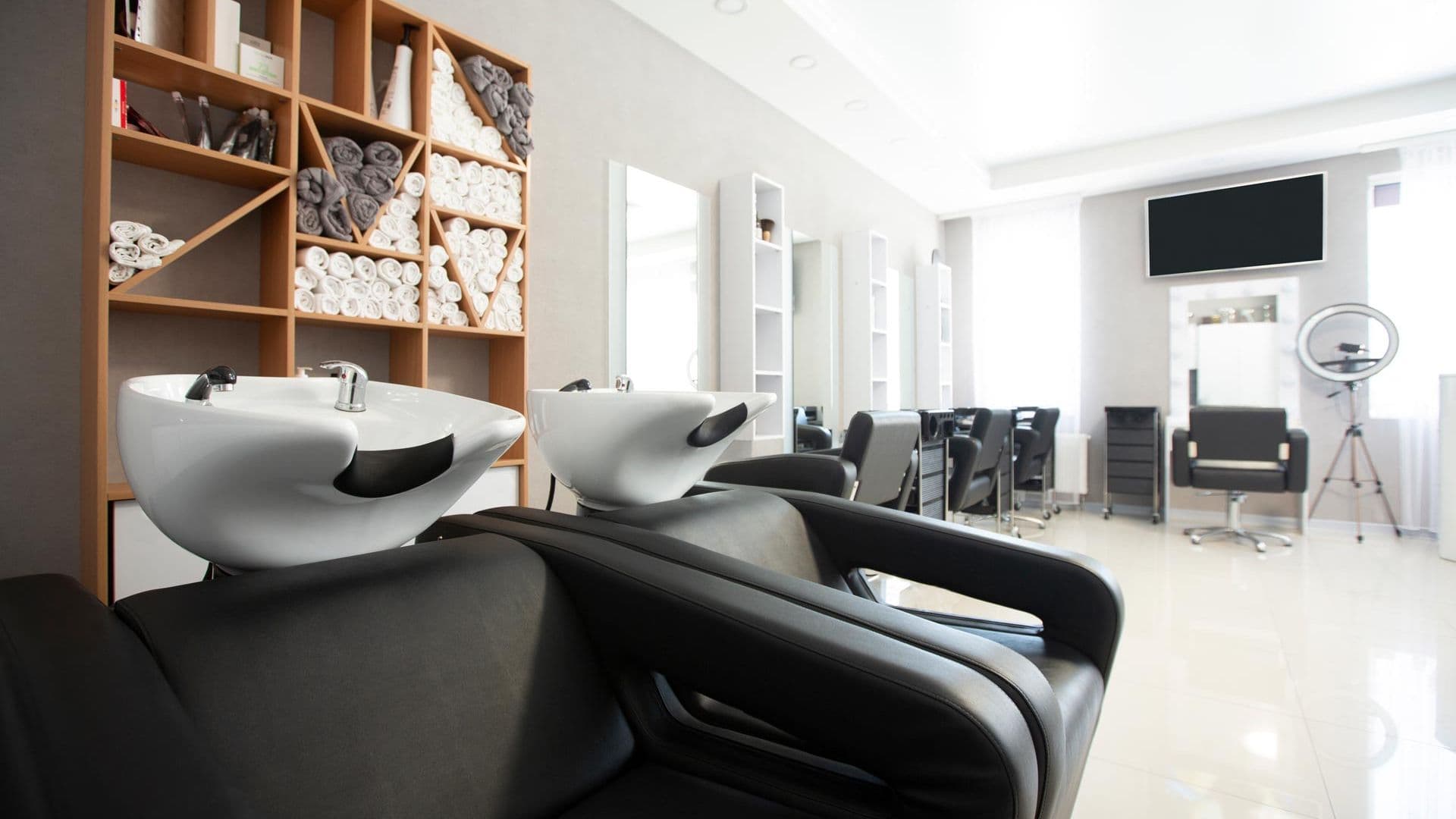Strategic Choices: Evaluating the Advantage of Renting Out Versus Having a Beauty Parlor Room to Optimize Long-Term Success and Financial Stability
When it pertains to developing a beauty salon business, among the essential decisions that owners need to very carefully think about is whether to lease or possess the room in which they operate. The choice between leasing and possessing a salon space can have a considerable effect on the lasting success and financial health and wellness of the service. Factors such as functional versatility, monetary implications, and investment possible play a crucial duty in this strategic decision-making process. By exploring the advantages and disadvantages of each option, hair salon proprietors can make enlightened selections that align with their business goals and aspirations.

Pros and Disadvantages of Leasing
When considering the decision between renting a beauty salon room or possessing one, it is necessary to evaluate the advantages and disadvantages of renting out to make an educated option. One key advantage of leasing a salon area is the versatility it provides. Renting permits hair salon proprietors to check different places or high end their organization without the commitment of a long-lasting home loan. Furthermore, leasing typically includes less in advance expenses, making it an extra obtainable alternative for new beauty salon proprietors or those with spending plan restrictions.

Financial Variables to Take Into Consideration

Considering the financial implications of renting a salon area versus having one is crucial for making an educated company decision. When assessing the economic aspects, it is critical to evaluate the first expenses linked with each choice. Renting a hair salon space usually calls for a safety down payment and monthly rent repayments, whereas having involves a down settlement, home mortgage settlements, residential or commercial property tax obligations, and upkeep costs.
Moreover, the long-lasting economic implications differ between leasing and having. Leasing gives versatility yet might cause higher advancing costs with time because of rental rises. On the various other hand, possessing a salon room supplies prospective equity growth and the chance to construct properties. It is crucial to conduct a cost-benefit evaluation to establish which choice lines up finest with your monetary objectives and company method.
Additionally, take into consideration the influence on money circulation and success. Renting out might offer lower upfront costs, allowing you to allot more resources to advertising and company development. On the other hand, owning requires a considerable first financial investment yet may lead to cost savings in the future. Examining these financial aspects adequately will help you make a tactical decision that enhances your salon's lasting success and monetary viability.
Functional Adaptability and Control
Optimal functional performance plays an important function in figuring out the balance between adaptability and control when choosing between renting out and having a beauty parlor space. Leasing a beauty parlor space provides intrinsic flexibility as it permits for much easier modifications to transforming market conditions, consumer preferences, or organization requirements.
On the other hand, having a salon space supplies a higher feeling of control over the building and its procedures. Proprietors have the freedom to customize the room to their preference, implement lasting strategies without the risk of lease discontinuations, and possibly build equity in time. Ownership also comes with duties such as building upkeep, insurance, and residential or commercial property tax obligations, which can affect the general monetary dedication.
Ultimately, the decision in between leasing and possessing should consider the wanted level of operational adaptability and control that aligns with the salon's lasting goals and vision.
Financial Investment Potential in Ownership
Offered the functional considerations discussed previously, exploring the investment capacity in beauty parlor ownership sheds light on the financial effects and lasting advantages that come with owning a hair salon area. By investing in a beauty parlor space, proprietors have the potential to profit from property admiration, which can serve as a useful asset in the long run.
Moreover, possession allows for higher control over the area, allowing proprietors to tailor and customize the hair salon to their particular brand and vision without the constraints commonly imposed by property owners. This degree of control can improve the overall customer experience and brand identity, possibly resulting in look at this web-site enhanced client retention and weblink organization development.
In regards to investment possibility, owning a hair salon area can additionally open possibilities for added earnings streams, such as renting unused area to other appeal specialists or including retail sales within the hair salon. Booth rental. These varied revenue sources can add to the general economic wellness and sustainability of the business
Long-Term Stability and Development
With an emphasis on sustainability and expansion in time, establishing lasting security and cultivating development are essential elements of beauty parlor ownership. To guarantee long-term stability, beauty salon proprietors need to thoroughly take into consideration aspects such as place, market trends, and economic planning. Selecting in between renting out and possessing a beauty parlor space plays a substantial function in figuring out business's development capacity.
Renting a beauty salon area provides adaptability and lower preliminary expenses, enabling proprietors to allocate sources towards boosting services and advertising efforts. By having the area, beauty parlor proprietors have even more control over personalizing the home to match their brand and can benefit from long-term asset development.
Eventually, the choice between renting out and possessing a hair salon space must line up with the proprietor's long-term business objectives and financial purposes. Whether prioritizing versatility or equity building, a critical approach to building ownership can significantly influence the salon's security and growth trajectory.
Conclusion
In final thought, the decision in between renting and possessing a hair salon space requires a careful analysis of economic elements, functional flexibility, investment capacity, and lasting security. Both alternatives include their own collection of benefits and negative aspects, and it is important for salon owners to consider these elements to maximize long-lasting success and monetary stability. Hair salon suites. Ultimately, the selection between renting and owning click here now must be based upon a detailed analysis of private company objectives and situations